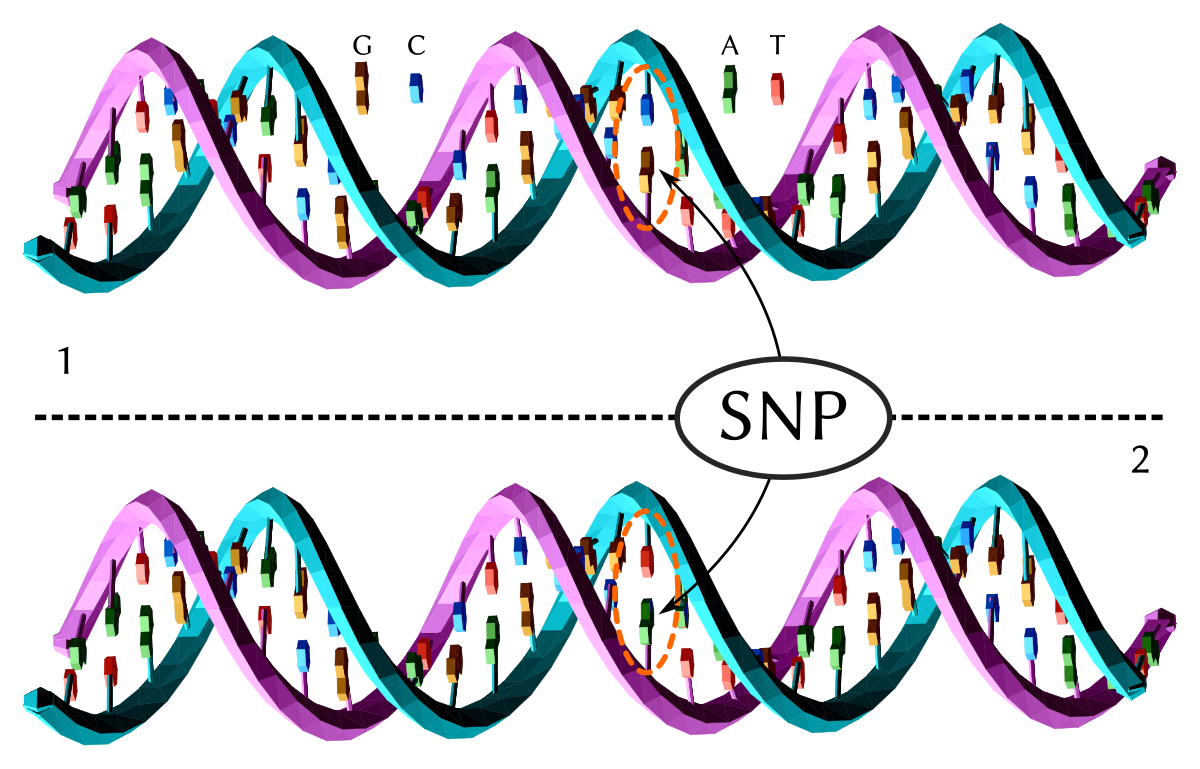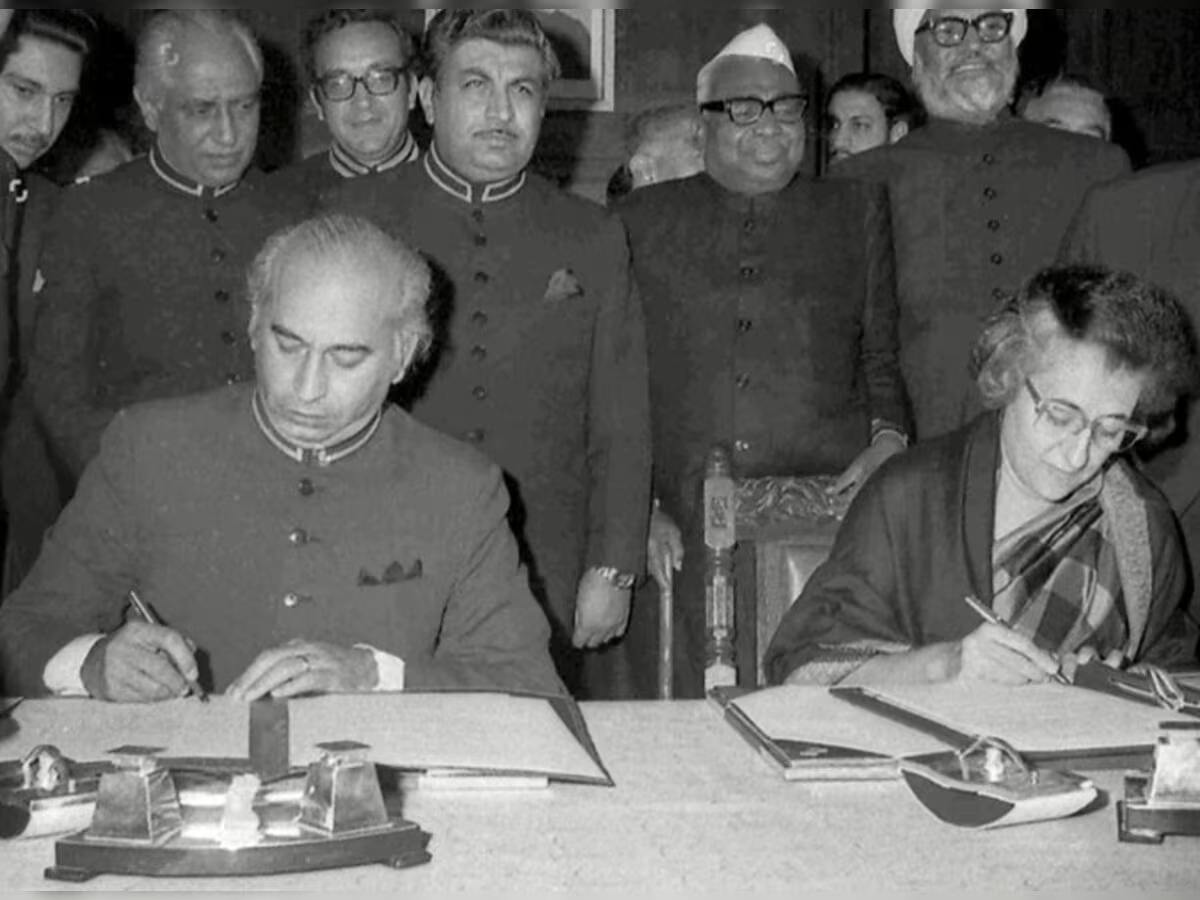- Courses
- GS Full Course 1 Year
- GS Full Course 2 Year
- GS Full Course 3 Year
- GS Full Course Till Selection
- CSAT
- 5 LAYERED ARJUNA Mentorship
- Public Administration Optional
- Online Program
- GS Recorded Course
- NCERT Batch
- Polity Module Course
- Geography Module Course
- Economy Module Course
- AMAC Module Course
- Modern India, Post Independence & World History Module Course
- Environment Module Course
- Governance Module Course
- Science & Tech. Module Course
- International Relations and Internal Security Module Course
- Disaster Management Module Course
- Ethics Module Course
- Essay Module Course
- Current Affairs Module Course
- ABOUT US
- OUR TOPPERS
- TEST SERIES
- FREE STUDY MATERIAL
- VIDEOS
- CONTACT US
DNA Polymorphism and Its Modern Applications
DNA Polymorphism and Its Modern Applications
26-03-2025

DNA polymorphism plays a crucial role in forensics and medicine, offering valuable insights into genetic variation and individual identification.
What is DNA Polymorphism?
- It refers to genetic variations in specific DNA segments or genes among individuals.
- These variations help in differentiating individuals at a molecular level.
Techniques Used to Detect DNA Polymorphism
- Restriction Fragment Length Polymorphism (RFLP) – Analyzes differences in DNA fragment patterns after enzyme digestion.
- Variable Number of Tandem Repeats (VNTR) Polymorphism – Identifies genetic variations based on repeating sequences of DNA.
Short Tandem Repeats (STRs) and DNA Profiling
- DNA profiling relies on polymorphic regions known as Short Tandem Repeats (STRs).
- STRs consist of short, repeated sequences of base pairs in DNA, which vary in number from person to person, making them ideal for identification purposes.
Applications of DNA Polymorphism
- Molecular and Personalized Medicine – Helps in genetic disease identification and targeted therapies.
- Forensic DNA Analysis – Used in crime investigations for suspect identification.
- DNA Linkage Analysis – Assists in tracing hereditary diseases and ancestry studies.
- Human Identification – Differentiates individuals based on genetic markers.




